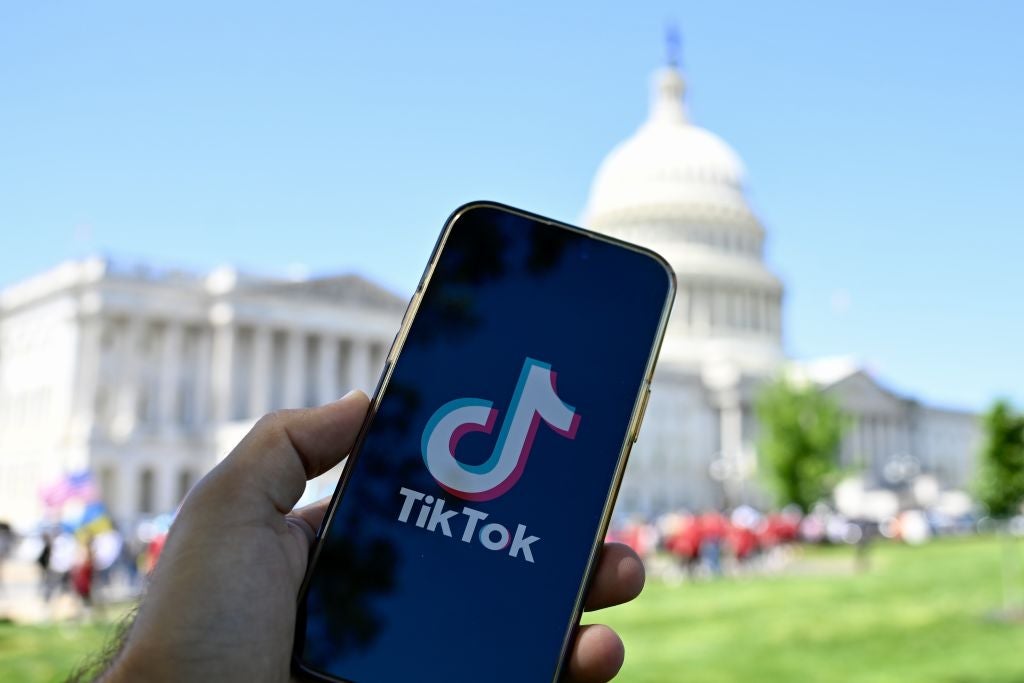
British politicians have hailed the Online Safety Bill as a landmark law to tackle the harms of social media. However, tech watchers mostly meet the mentioning of the proposed regulation with a collective groan, lamenting how its watered down content will do little to win the war against fake news – or do anything meaningful at all, for that matter.
Now, some analysts fear the Online Safety Bill won’t survive. They worry that the long and ponderous processes of reeling in the powers of Big Tech may just have to restart again, leaving Blighty further behind places like the EU that have introduced landmark regulation to combat the contagion of misinformation and harmful content.
The problem, as has been pointed out ad nauseam, is that the Online Safety Bill has been a long time coming. A string of seven secretaries of state and four prime ministers has attempted to leave their stamp on it. With everyone pulling in different directions, the result has been a messy hodgepodge of contradictory aims and regulations, critics argue.
When then-prime minister Theresa May first introduced the Online Harms White Paper that laid the foundation of the bill in 2019, she emphasised that while the internet has been “brilliant at connecting people”, the companies running the show had “not done enough to protect users, especially children and young people, from harmful content.”
She proposed that companies like Twitter, TikTok and Meta had a duty of care to protect users from harmful content. At the time, the government said harmful content could include inciting violence and violent content, encouraging suicide, disinformation, cyber bullying and children accessing inappropriate material.
Fast-forward and you’ll find that the UK government announcing that it will no longer be forcing social media companies to remove “legal but harmful”, citing fears of impacting free speech by doing so. Self-proclaimed free speech absolutist and newly installed Twitter chief twit Elon Musk is sure to welcome this change of pace.
How well do you really know your competitors?
Access the most comprehensive Company Profiles on the market, powered by GlobalData. Save hours of research. Gain competitive edge.

Thank you!
Your download email will arrive shortly
Not ready to buy yet? Download a free sample
We are confident about the unique quality of our Company Profiles. However, we want you to make the most beneficial decision for your business, so we offer a free sample that you can download by submitting the below form
By GlobalDataSocial media companies who had worried about the rising costs of moderating content on their platform could similarly let out a sigh of relief.
Can the Online Safety Bill survive?
The bill was delayed this summer following the defenestration of Boris Johnson from Number 10. The subsequent leadership campaign and Liz Truss’ record-short stint as prime minister further delayed the bill.
The inquest into the death of Molly Russell, which found that social media companies can contribute to a person’s death, reinvigorated calls for tougher legislation. The proposed rule changes are now back in parliament. However, given that the parts about banning harmful but not illegal content having been removed from the latest draft, it seems unlikely that Russell’s family will get the changes they’ve been advocating for.
It is against this backdrop that analysts now fear the Online Safety Bill won’t be passed at all if it is delayed even further.
“The bill can’t survive any further delays,” Benjamin Chin, analyst at GlobalData, says in a new podcast from the research firm. “If it’s not passed by April 2023, it may be dropped entirely and the whole process will have to be restarted.”
Further delays to introduce meaningful tech legislation could the UK fall behind other nations who increasingly introduce new rules in response to rising demand for the likes of Meta to be held accountable for the content on their platforms.
“[We] will increasingly see governments around the world attempt to regulate social media companies,” Chin continues. “And in order to tackle misinformation and harmful content, governments that are going to be shifting greater responsibility to those companies in order to moderate the content that’s posted onto the sites.
“We’re already starting to see this in the EU. We’ve seen the Digital Services Act, which has come into force in October companies are now having to adapt and ensure that they’re compliant with EU law.”
GlobalData is the parent company of Verdict and its sister publications.






